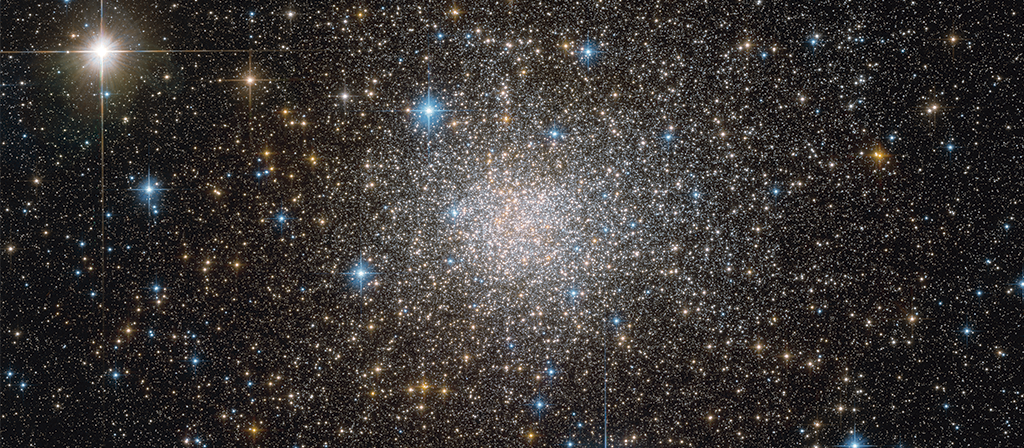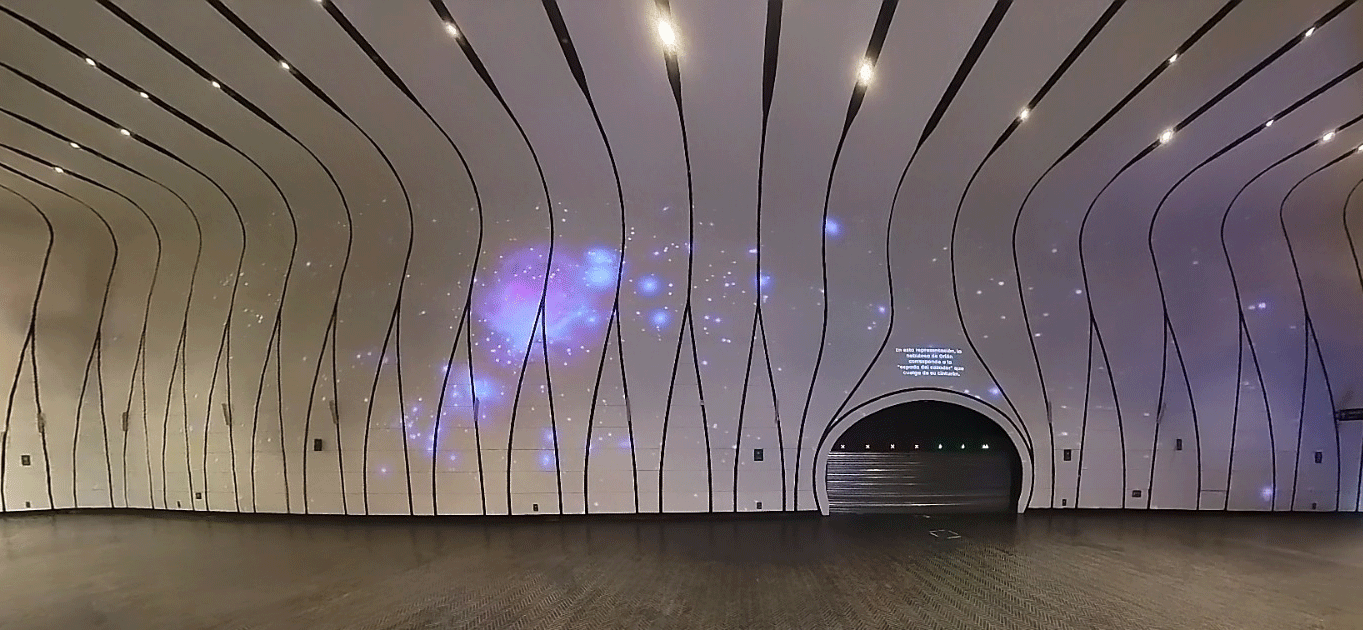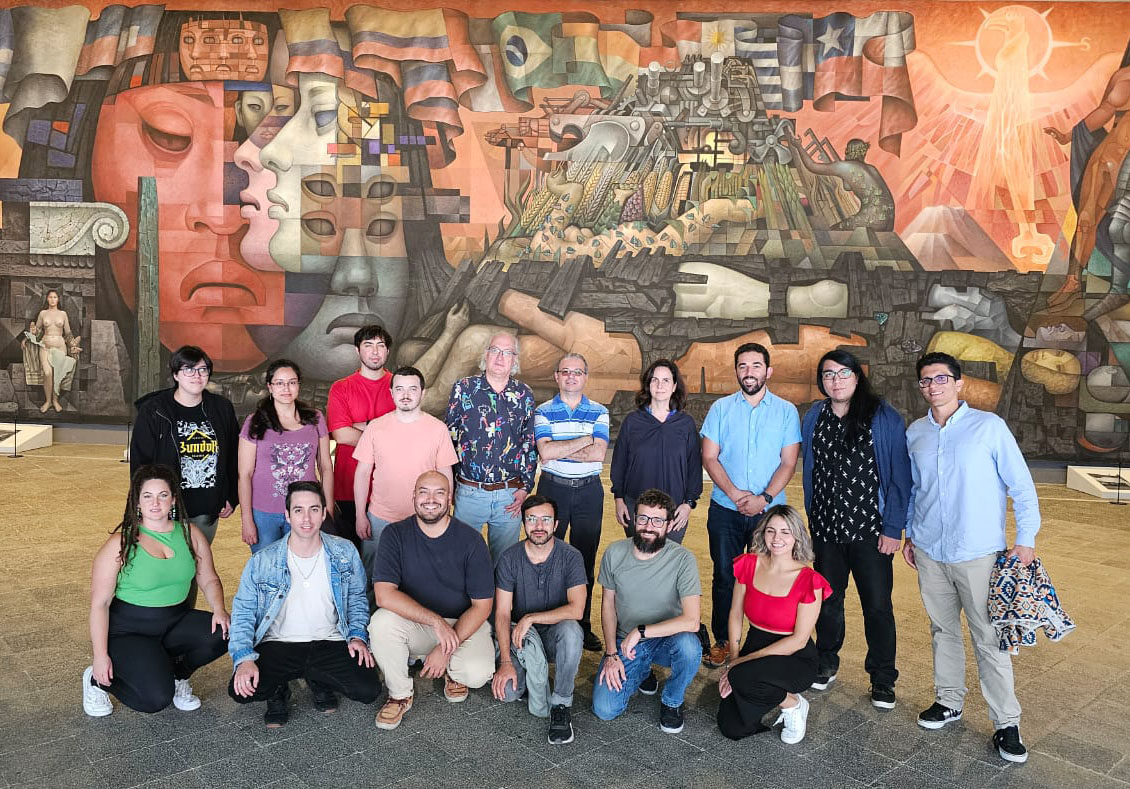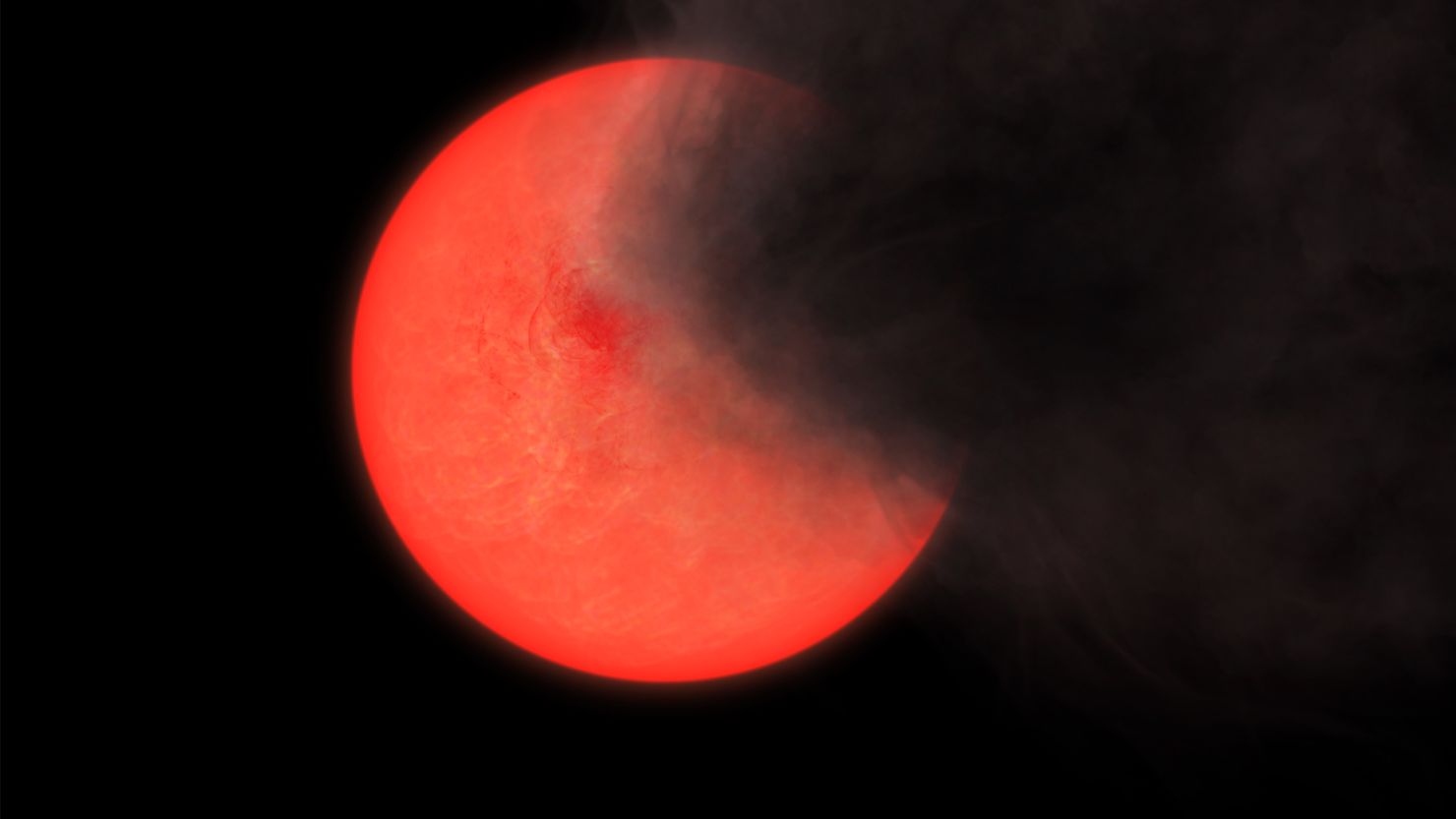
"Unleashing the proper motions: revolution in the inner Galaxy" is the name of the thesis of Felipe Gran, who currently graduated with a PhD in Astrophysics from Universidad Católica and is a researcher at the Millennium Institute of Astrophysics. Due to that work, he was recognized with the Award for Excellence in Doctoral Dissertation UC last December.
The new findings of globular clusters (GC) - or a group of stars bound together by gravity - towards the core of our Galaxy always mean a huge challenge to astronomers. Mainly because, in that zone, A.K.A the bulge, a tremendous amount of gas and dust makes its observation and detection difficult. And even more when the clusters have few stars and low luminosity. Felipe Gran, a researcher at the Millennium Institute of Astrophysics who recently graduated with a PhD in Astrophysics from Universidad Católica, found five low luminosity GCThese are the basis of his PhD, which won the Award for Excellence in Doctoral Dissertation UC in Chemistry, Physics and Maths Sciences.
According to Felipe, the research, which took him several years and did alongside the team of IAUC Director-MAS Deputy Director Manuela Zoccali, was based on "proper motions" of stars towards the galactic center, using the database from ESA's catalogue, Gaia and observations in infrared with the Very Large Telecope (VLT) by the European Southern Observatory (ESO) at the Paranal Observatory, north of Chile. "We have proved that these types of GCs can survive in the Galaxy's core. Usually, they wouldn't exist due to the gravitational force of the Milky Way. However, due to some uncertainties in theoretical models, there were still doubts about the GC's minimum stellar mass to not fall apart in its orbit," Gran explains.
He says "this way, we have decreased the mass limit of a GC orbiting our Galaxy's central region. That means that more of these clusters could still hide within the immense amount of stars towards the bulge. It is important to know this because by knowing the total of GCs, it is possible to estimate some of the Milky Way's properties, like an estimation of its mass or how many fusions with other dwarf galaxies happened in the past. Also, it is important since these clusters could've interacted with other components of the Galaxy, have some interesting properties (multiple stellar populations), or even just add things to the statistics."
Excellence Award
Every year, the Universidad Católica carries out a graduation ceremony. Last 2022, 191 new PhD obtained their doctoral medals. In this opportunity, it is also recognized the work of five researchers, highlighting their thesis work.
Felipe Gran is one of the awarded researchers, which distinction he receives from Nice, France, where he earned a postdoctoral position at Observatoire de la Cote d'Azur. "I think this award is significative since is rewarding the curiosity as the motive of this thesis. Besides, it projects my new challenges like analyzing these new clusters and keep up with my work as a postdoc here in Nice," he says.












